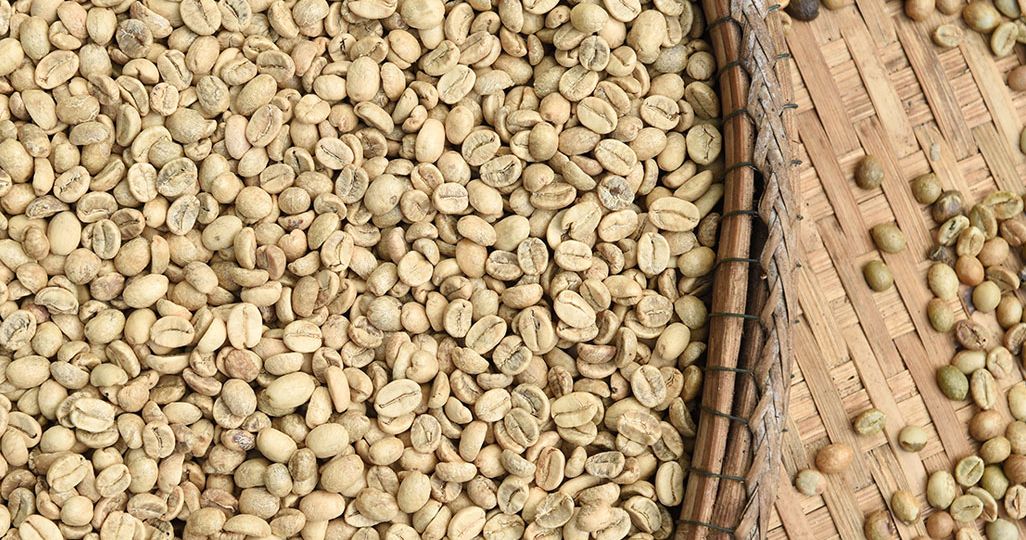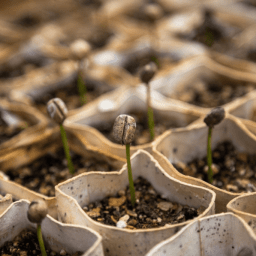
Preserving the freshness of coffee beans is crucial for maintaining their quality, flavor, and aroma. Freshly roasted coffee beans contain oils and compounds that contribute to their distinct taste profiles. Over time, exposure to air, moisture, and light can degrade these essential components, leading to stale and flat-tasting coffee.
Importance of Freshness for Flavor and Aroma
The freshness of coffee beans directly impacts their flavor and aroma. Fresh beans emit a strong, pleasant smell and have a vibrant taste, reflecting their origin and roasting process. As beans age, they lose these characteristics, resulting in a less enjoyable coffee experience.
How Do Coffee Beans “Expire”?
Coffee beans “expire” in the sense that they lose their freshness and quality over time, not in the way perishable food spoils. The degradation process is accelerated by oxygen and moisture, which react with the beans’ oils and aromatic compounds, leading to stale flavors and diminished aroma.
Impact of Oxygen and Moisture
Oxygen and moisture are the main culprits behind the staling of coffee beans. Oxygen causes oxidation, while moisture can lead to mold and mildew, especially if the beans are stored improperly. Both factors significantly affect the beans’ taste and aroma quality.
Role of Oils and Aromas in Freshness
The oils within coffee beans carry much of their flavor and aroma. Over time, these oils can go rancid or lose their potency, leading to a noticeable decline in the coffee’s quality. Fresh beans typically have a glossy sheen, indicating the presence of these essential oils.
Signs of Stale Coffee Beans
Identifying stale coffee beans can be done through their aroma, appearance, and taste. Beans that lack a distinct aroma or appear dry and dull are likely past their prime. Similarly, if the coffee tastes bland or overly bitter, it indicates that the beans are no longer fresh.
Different Roasts and Their Shelf Lives
The shelf life of coffee beans can vary depending on their roast. Light roasts, having been roasted for a shorter period, tend to have a shorter shelf life compared to darker roasts. This difference is due to the amount of moisture and oils retained in the beans post-roasting.
Light vs. Dark Roasts: Which Expires Faster?
While some believe that light roasts expire slower due to their drier exterior and less oil on the surface, the consensus is that the difference in expiration rate between light and dark roasts is minimal. Storage conditions play a more significant role in determining how long the beans remain fresh.
Does Grinding Affect Shelf Life?
Grinding coffee beans increases their surface area, exposing more of the bean to air and accelerating the oxidation process. Consequently, ground coffee stales much quicker than whole beans. For the best flavor, it is recommended to grind beans just before brewing.
Optimal Storage Conditions to Extend Freshness
To maximize the freshness and longevity of coffee beans, store them in airtight containers away from light, moisture, and heat. A cool, dark cupboard away from the stove or other heat sources is ideal. This prevents the beans from absorbing odors and moisture from the air, which can degrade their quality and flavor.
Special Considerations for Roast Date and Packaging
The roast date on coffee packaging provides valuable information about the freshness of the beans. Freshly roasted beans are preferable, as they retain more of their natural flavors and aromas. Choose packaging that offers a one-way valve, allowing gases to escape without letting air in, to preserve the beans’ quality for a longer period.
FAQs
Can Coffee Beans Go Bad?
Coffee beans can go bad in the sense that they lose their freshness and develop off-flavors. Signs of spoilage include mold, a musty or rancid smell, and a dull appearance. Consuming coffee made from such beans won’t typically make you sick, but it will be far from enjoyable.
How Long Can You Keep Roasted Coffee Beans?
Roasted coffee beans can remain fresh for up to 9 months if stored properly in airtight containers. Once opened, it’s best to use them within a few months to enjoy their best flavor. Vacuum-packed beans can last longer, up to 6-12 months, due to the reduced exposure to air.
Does Freezing Extend the Shelf Life of Coffee Beans?
Freezing coffee beans can extend their shelf life but with caveats. It’s crucial to store them in airtight containers to prevent moisture and freezer odors from affecting the beans. While freezing can preserve freshness for longer periods, it may also alter the beans’ flavor profile upon thawing.
What to Do with Expired Coffee Beans?
Expired coffee beans, while not ideal for brewing your morning cup, can be repurposed in creative ways. They can be used for making cold brew concentrates, coffee-flavored desserts, or even as compost for your garden. This approach ensures that the beans do not go to waste, providing value in other forms.
The CO2 Freshness Test
A novel method to assess the freshness of coffee beans involves the CO2 freshness test. After roasting, coffee beans release carbon dioxide (CO2), a natural byproduct. The rate of CO2 release can indicate the beans’ freshness. To perform this test, place coffee beans in a sealed container or a zipper bag overnight. A noticeable puffiness of the bag or container in the morning signifies that the beans are still releasing CO2, thus indicating freshness.
How to Perform and Interpret Results
To accurately conduct the CO2 freshness test, ensure all air is expelled from the bag or container before sealing it with the coffee beans inside. If the container expands due to internal gas release, it’s a positive sign of the beans’ freshness. However, a lack of expansion may suggest the beans are past their prime freshness peak.
Final Thoughts
Storing coffee beans properly in airtight containers, away from light and moisture, and understanding the importance of roast dates are crucial for maintaining their freshness. The CO2 freshness test provides an innovative way to gauge the freshness of your coffee beans.
To ensure you enjoy the richest flavors your coffee has to offer, prioritize purchasing freshly roasted beans and store them correctly. Remember, fresh beans make the best cup of coffee, so investing a little effort into preserving their freshness can significantly enhance your coffee experience.









